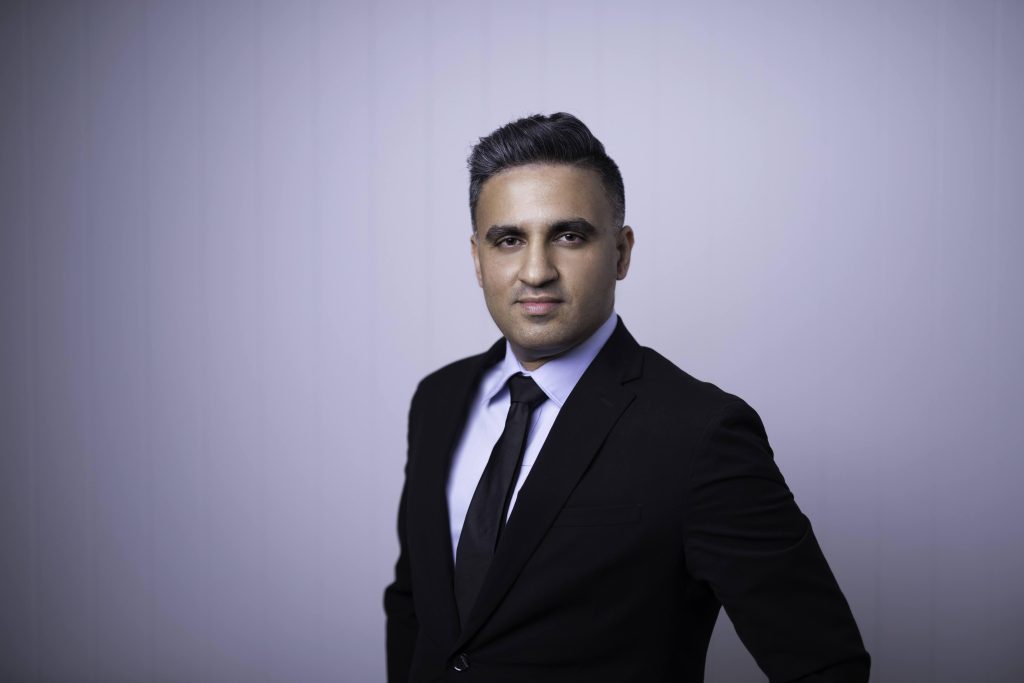Risk Stratification & Preventive Electrophysiology

Proactive evaluation to prevent sudden cardiac events and improve long-term outcomes
Some heart rhythm disorders can present without warning, yet carry significant risk. Preventive electrophysiology focuses on identifying those at higher risk of serious arrhythmias or cardiac events—often before symptoms appear. Through careful evaluation and risk profiling, patients can receive early intervention, appropriate monitoring, or reassurance when no treatment is required.
A/Prof Saurabh Kumar, a Sydney-based Cardiologist and Interventional Electrophysiologist, specialises in risk assessment for inherited and acquired rhythm disorders. With extensive experience in sudden cardiac death prevention, he provides a proactive, evidence-based approach tailored to each patient’s background and level of risk.
Services Offered
Sudden Cardiac Death Risk Assessment
Sudden cardiac death (SCD) can occur in individuals with previously undiagnosed structural or electrical heart disease. A/Prof Kumar uses a combination of ECG analysis, imaging, family history, electrophysiology testing, and device data (if available) to determine SCD risk. Patients with dilated cardiomyopathy, ischaemic heart disease, or unexplained syncope may benefit from formal risk stratification, particularly if they are candidates for implantable cardioverter-defibrillators (ICDs).
Syncope Evaluation and Risk Profiling
Assessment of Inherited Arrhythmia Syndromes
Certain inherited conditions predispose individuals to dangerous arrhythmias, particularly during exercise or stress. These include:
- Brugada syndrome
- Catecholaminergic polymorphic ventricular tachycardia (CPVT)
- Long QT syndrome
- Arrhythmogenic right ventricular cardiomyopathy (ARVC)
Early identification allows for preventive strategies, family screening, and potential interventions such as medications, lifestyle modification, or ICD implantation. Genetic counselling and testing are offered in collaboration with multidisciplinary teams when appropriate.
Post-Myocardial Infarction Arrhythmia Monitoring
Patients who have suffered a heart attack are at increased risk of late-onset arrhythmias due to scar tissue and impaired electrical conduction. A/Prof Kumar uses tools such as Holter monitoring, signal-averaged ECG, or invasive EP studies to assess the likelihood of ventricular arrhythmias and guide long-term device planning.
Pre-Participation Screening in Athletes
For competitive athletes or highly active individuals, unexplained symptoms or abnormal ECG findings may warrant evaluation for occult electrical abnormalities. Preventive assessment is especially important in those with a family history of sudden cardiac death or known genetic heart disease. The goal is to balance safety with participation and optimise cardiac performance while minimising risk.


Take Control of Your Heart Health Today.
A/Prof Saurabh Kumar brings over 15+ years of clinical expertise to the care of patients with heart rhythm disorders and general cardiac conditions. He is widely regarded within the Australian cardiology community and internationally for his depth of knowledge, collaborative style, and commitment to patient-centred care.
He holds dual roles as a Staff Specialist Cardiologist and Cardiac Electrophysiologist at Westmead Hospital and Clinical Associate Professor of Medicine at the University of Sydney. He currently serves as the Program Director for Ventricular Arrhythmias and Sudden Cardiac Death at Westmead Hospital and is the Translational Electrophysiology Lead at the Westmead Applied Research Centre, University of Sydney.